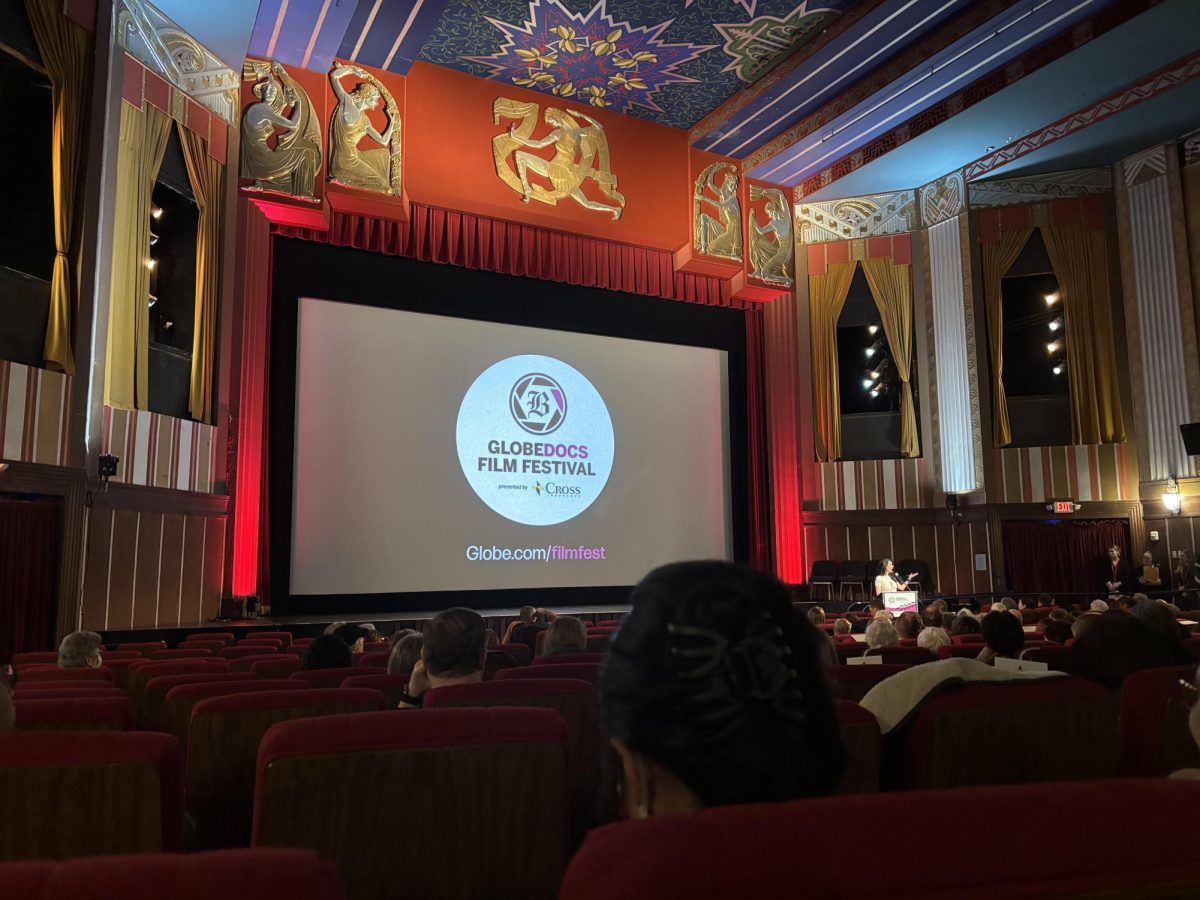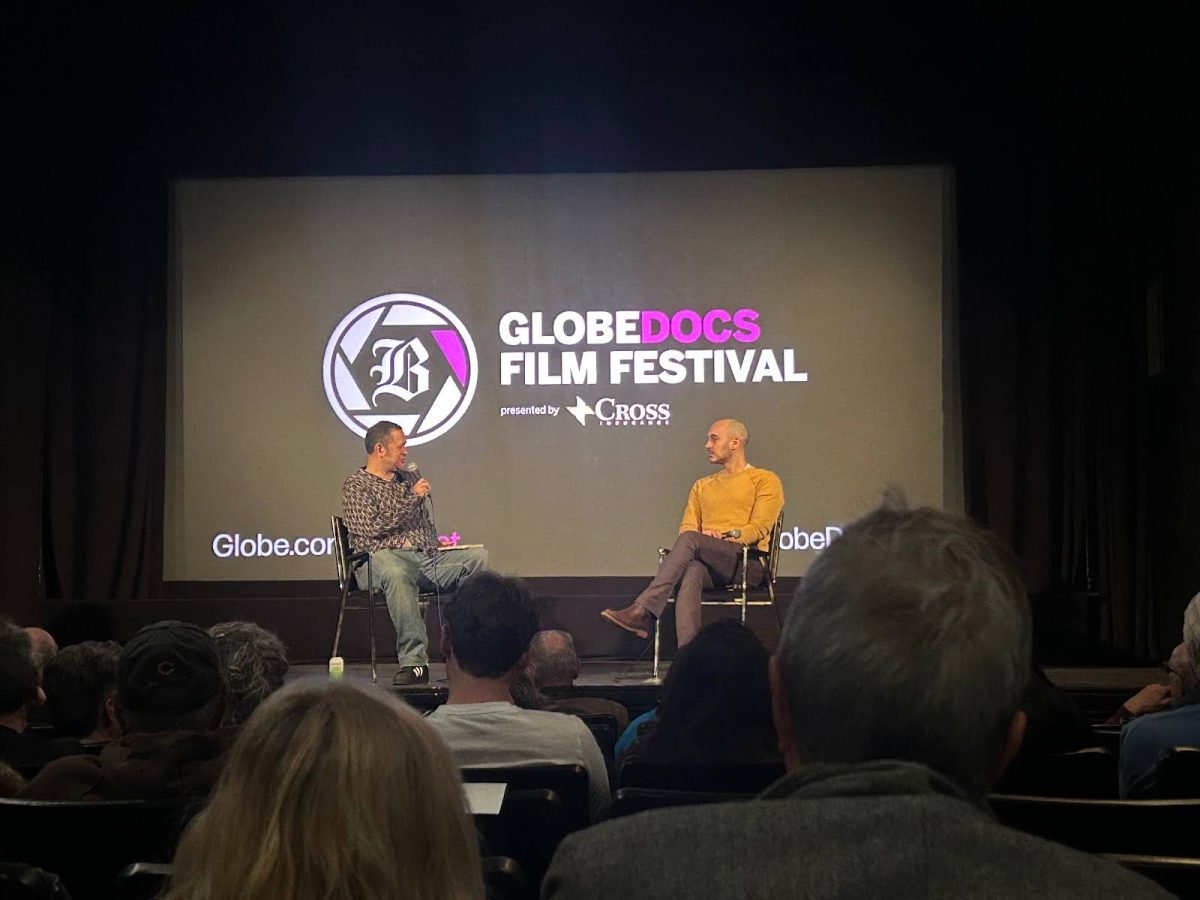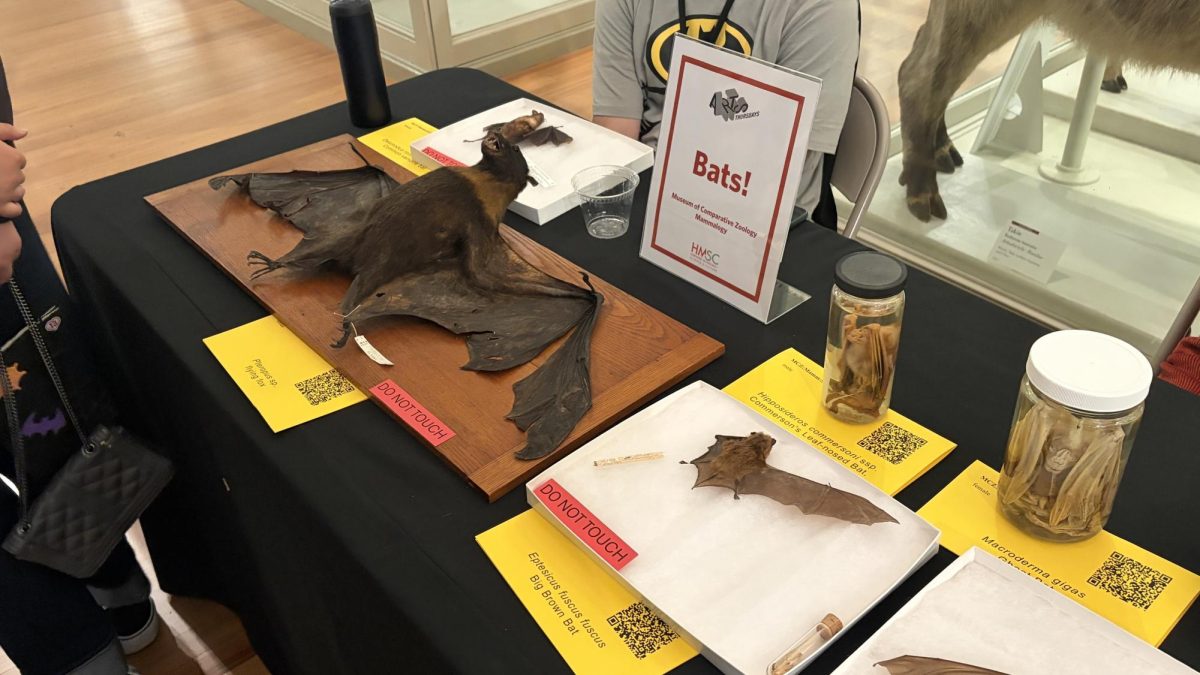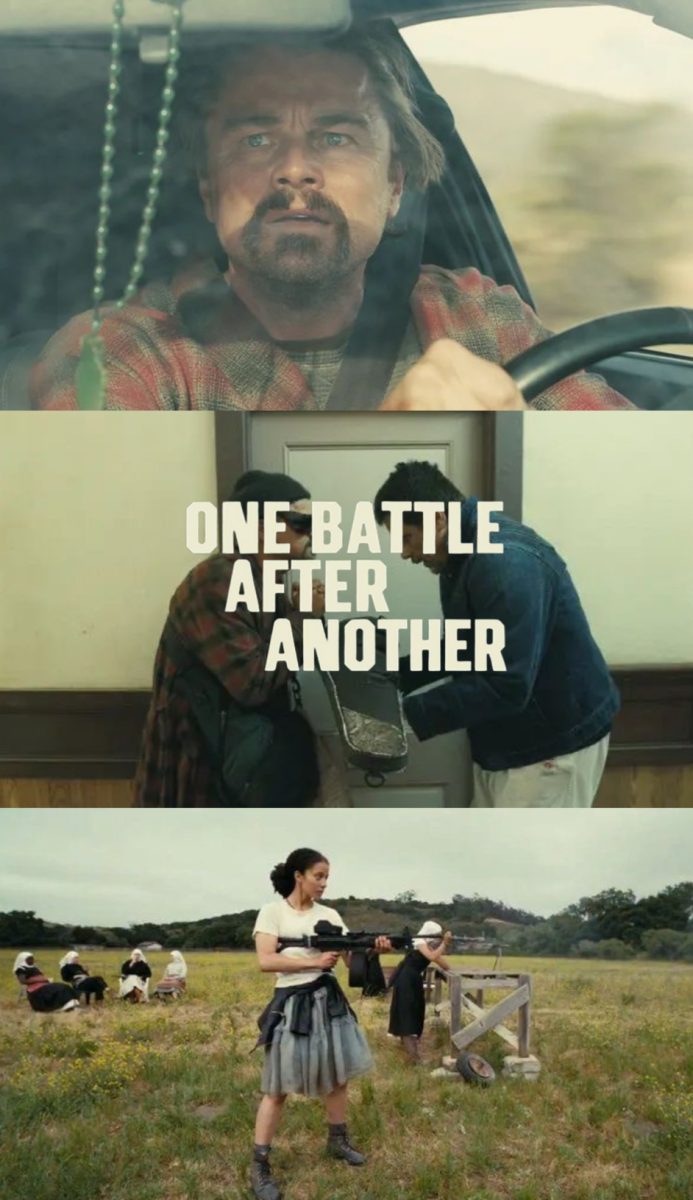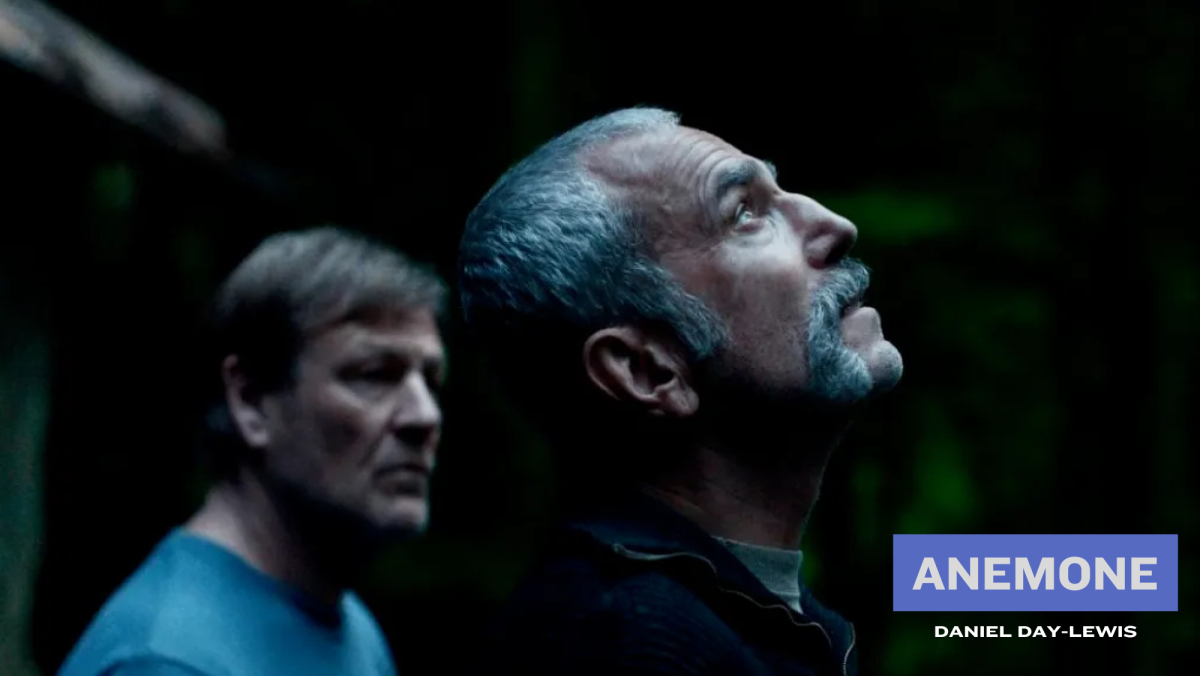Premiering for the first time in Massachusetts Oct. 22, “A Life Illuminated” is one of those awe-inspiring life stories, where you leave the theater more convinced in destiny than when you entered the theater.
The Boston Globe’s GlobeDocs Film Festival, a week dedicated to the celebration of documentary films, could not have picked a better opening night film. Not only was “A Life Illuminated” visually appealing, but the story of Dr. Edie Widder’s life is one of happenstance and unexplainable invisible strings that weave together a phenomenal story of a woman’s dedication to discovery.
Widder’s story is a ridiculously inspiring one. Being one of the first and most prominent female marine biologists, she has a life made for the big screen. The documentary takes you through her journey of trials and triumphs in the name of science and her search for the explanation to her main study of focus, bioluminescence.
The film, narrated by Widder herself, is a progression, cutting between her most recent deep sea expedition and all the moments in her life that led up to that moment. They are recalled like memories, transcending the viewer back to times in Widder’s life.
From the first time she went down in an early version of a submersible, to being the first person to capture a giant squid on camera, to moments from her childhood vacation that made her want to be a marine biologist.
Science had never been built with women in mind, but Widder never let that slow her down. Instead of slumping away when she was told she could not operate the first submersible, she trained for months to be able to. On expedition boats, she would be seen as “bad luck” simply based on the fact that she is a woman.
The hardships that Widder faced were not only on the field, but also in her personal life. After a surgery went wrong shortly before she was set to go to college, Widder lost her eyesight temporarily. Being unable to see and existing in complete darkness was not an unusual experience for Widder with all her deep sea dives, but this time there was no bioluminescent life to flash back at her. She explained that this experience gave her the ability to be even more thankful for the beauty of earth and what can be seen in the depths of the ocean.
Throughout the film, Widder describes the elusiveness and the beauty of the flash back phenomenon. The so-close moments, the failures and the early black and white videos of the event build up the suspense, until finally, amidst a black screen, light booms, flashing back just as Widder described.
Following the showing, there was a brief Q&A with the Director, Tasha Van Zandt, one of the producers, Sebastian Zeck and — the star of the show — Eddie Widder.
Widder was just as charismatic and effertlessly hilarious on stage as she was in the film. You could tell she was truly passionate about her career and wanted nothing more than to share the magic of the ocean with the world.
One audience member asked about why the documentary did not follow the typical style of films about conservation, where they often discuss climate change and what we need to be doing to stop it.
Widder acknowledged that conservation and the discussion surrounding climate change is important, but that it usually scares people away and leaves them feeling down. “A Life Illuminated” does the exact opposite, and I can confidently say that everyone left that theater with a sense of joy, whimsy and hope for the future.


